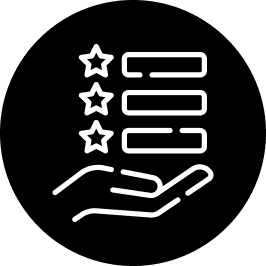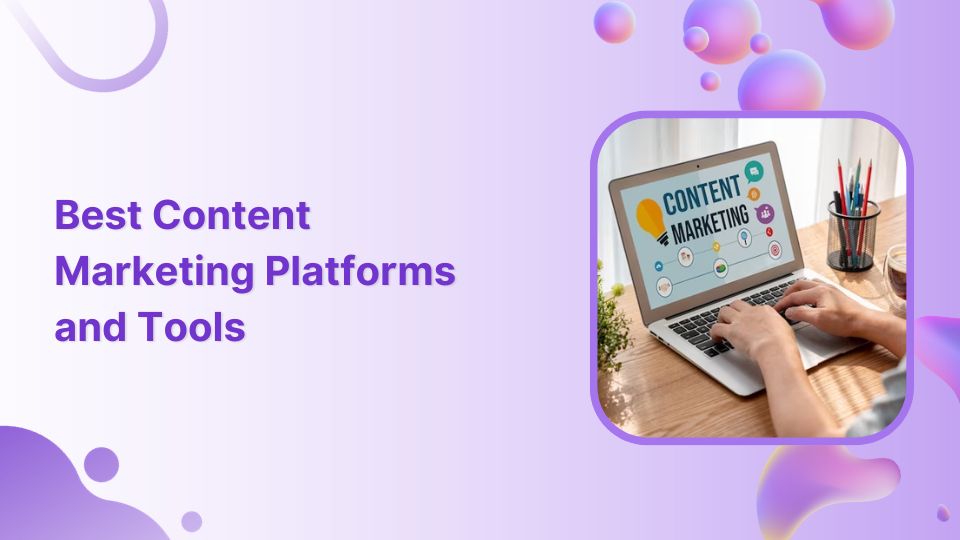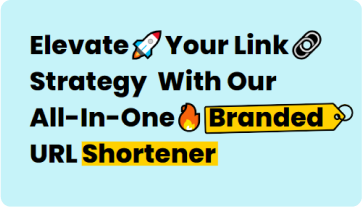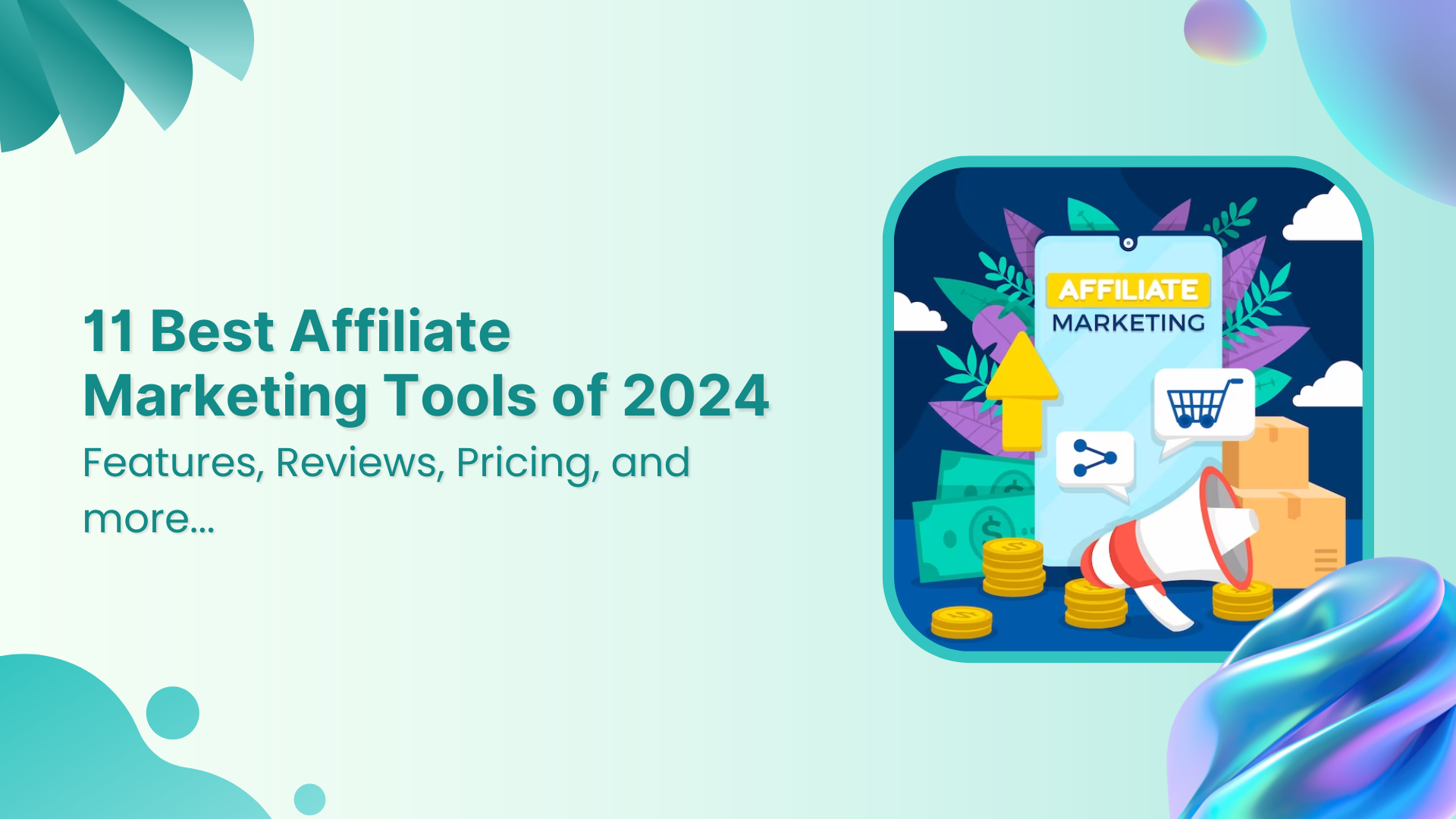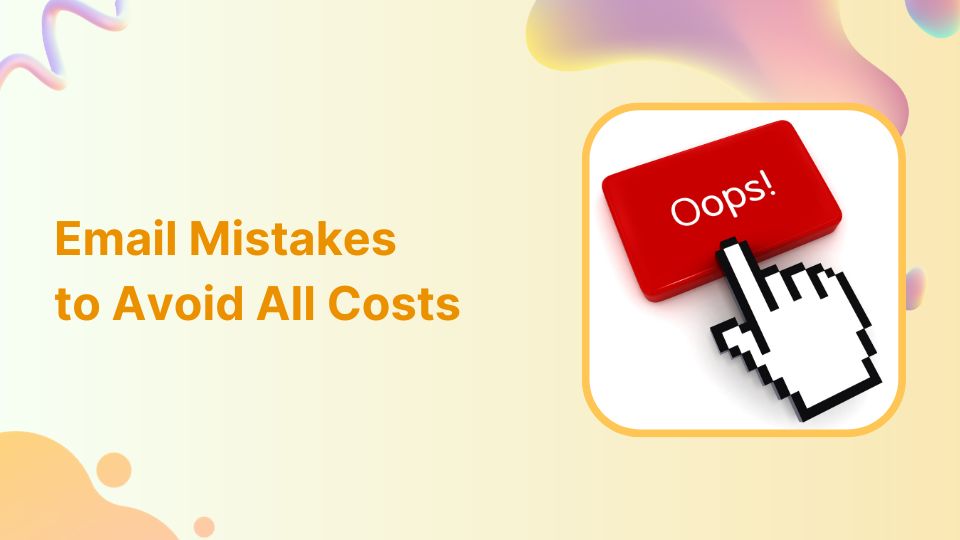Ready to supercharge your content game?
We’ve just uncovered the best content marketing platforms and tools that can transform your content creation journey.
Without crafting a solid plan for distribution and promotion, putting out content could be a waste of energies. Therefore, what you should do is begin with choosing the right content marketing platforms instead.
This lineup has everything from content management systems to powerful AI-driven tools.
| Sr. | Content Marketing Platforms | Category |
|---|---|---|
| 1. | ContentStudio | Social Media Management |
| 2. | Hubspot | Customer Service Management |
| 3. | Brevo | Email Marketing |
| 4. | Replug | Branded Link Management |
| 5. | Canva | Graphic & Image Editor |
| 6. | WordPress | Content Management System |
| 7. | BuzzSumo | Social Listening Tool |
| 8. | Medium | Content Publishing Network |
| 9. | ContentIdeas | Explore Content Trends Tools |
What is a content marketing platform?
A content marketing platform is a digital tool that assists businesses in creating, publishing, and managing marketing content effectively.
Top 9 Content Marketing Platforms
Many kick off their content marketing journey by developing a content plan, which isn’t a bad approach if you have a clear direction.
But for most, the initial step should be choosing content marketing platforms carefully. This way, they can more easily map out a solid plan to create and spread their content.
Below is a list of some of the best content marketing platforms:
1. ContentStudio: Social media management
ContentStudio is a content marketing and social media management platform that streamlines content discovery, curation, and publishing.
Key Features:
- Content curation
- Social media analytics
- Social media automation
- Analytics and reporting
- Social media management
Pros:
- It helps you find trending content in your niche, making it easy to curate and share.
- Allows you to automate social media posting for consistent engagement.
- ContentStudio is suitable for teams with workflow and approval features.
Cons:
- Like any new tool, it may take time to understand its full capabilities.
- More advanced features are locked behind higher pricing tiers.
- It offers basic engagement analytics, but more detailed insights may require integration with other tools.
Other honorable alternatives:
- Hootsuite
- Sprout Social
2. HubSpot: Customer service platform
HubSpot is an all-in-one inbound marketing, sales, and customer service platform that provides tools to help businesses grow.
Key features:
- CRM (Customer Relationship Management)
- Email marketing and automation
- Landing pages and forms
Pros:
- HubSpot offers a suite of tools, including CRM, marketing, sales, and service hubs, all under one roof.
- It allows you to automate marketing campaigns, lead nurturing, and sales processes.
- Provides detailed analytics and reporting to measure the success of your marketing efforts.
Cons:
- HubSpot can be complex for beginners, requiring time to master.
- While it offers a free version, more advanced features come at a price.
- Small businesses may find its array of features overwhelming.
Other honorable alternative
- Sprinkler
- Share Spring
3. Brevo: Email marketing tool
Brevo (formerly Sendinblue) is an all-in-one marketing platform that offers email marketing, marketing automation, and transactional emails.
Key Features:
- Email marketing
- Marketing automation
- Transactional emails

Pros:
- SendinBlue combines email marketing, SMS marketing, and marketing automation.
- It’s beginner-friendly with a simple and intuitive interface.
- Competitive pricing, especially for small businesses.
Cons:
- Some advanced marketing automation features may be limited.
- Despite being user-friendly, it may take time to master all its capabilities.
- Email deliverability rates may vary based on the quality of your email list.
Other honorable alternatives:
- Mailchimp
- Moosend
- Active Campaign
4. Replug: Branded Link Management
Replug is a URL shortener and link management platform that helps you optimize, manage, and track your links.
Key Features:
- Link branding and shortening
- White-label solution
- Link tracking and analytics
- Call-to-action overlays
- SMS marketing
- Link rotator
- Bio-link generator
Pros:
- You can customize and brand your links to match your style.
- Replug offers link analytics to track link clicks and performance.
- Add call-to-action overlays to your shared links to boost conversions.
Cons:
- It’s not a content creation tool but focuses on link optimization.
- Some advanced features may be behind a paywall.
Other honorable alternatives:
- Bitly
- Rebrandly
5. Canva: Graphic designing tool
Canva is a user-friendly graphic design tool that empowers everyone to create visually appealing content.
Key Features:
- Template library
- Drag-and-drop design tools
- Collaboration and sharing
Pros:
- Canva’s intuitive interface makes design accessible to beginners and professionals.
- It offers a vast library of templates for social media, marketing, and more.
- Teams can collaborate in real time on design projects.
Cons:
- While great for basic design, it may not replace advanced graphic design software.
- Brand consistency can be tricky, especially for larger organizations.
- Some features may still require design skills to be used effectively.
Other honorable alternatives:
- Vengage
- Adobe Express
6. WordPress: Content management system
WordPress is a popular open-source content management system that powers millions of websites and blogs.
Key Features:
- Themes and plugins for customization
- SEO plugins for optimization
- Blogging capabilities
Pros:
- It’s highly customizable and suitable for various website types.
- WordPress is known for its SEO capabilities and offers numerous plugins for optimization.
- A vast community ensures plenty of support and resources.
Cons:
- Regular updates and maintenance are necessary to secure your website.
- Customizing and managing WordPress may require a learning curve.
- You may need to invest in plugins and hosting for optimal website speed.
Other honorable alternatives:
- Wix
- Blogger
You may also like: Drive Conversions with 10 Best Content Marketing Tips
7. BuzzSumo: Social listening tool
BuzzSumo is a content research and social listening tool that helps you find popular content and track your brand’s online presence.
Key Features:
- Content discovery and research
- Social listening and monitoring
- Influencer identification
Pros:
- Discover the most shared and trending content in your niche.
- Monitor mentions of your brand or topics relevant to your business.
- Find key influencers in your industry for collaboration.
Cons:
- Some advanced features may be available only in higher-priced plans.
- Learning to use all features effectively may take time.
- BuzzSumo primarily focuses on content research and may not cover all marketing needs.
Other honorable alternative
- Share Spring
You may also like: Perfect Content Marketing Strategy for (SMBs)
8. Medium: Content publishing network
Medium is a publishing network that allows you to publish written content. There are several content categories to pick from while posting the content. It’s a complete interactive platform with features like the following system: a paid plan, commenting, and liking.

Key Features:
- Writing and publishing articles
- Partner program for writers to earn income
- Curation for recommended content
Pros:
- Medium is a go-to platform for written content.
- It’s user-friendly and simplifies the process of publishing.
- It comes with a built-in audience interested in long-form written content.
Cons:
- It focuses on written content, which may not suit all content needs.
- There are limited options for writers to make money.
Other honorable alternative
- Scoop It
You may also like: 9 Key Steps for Writing Engaging Content
9. ContentIdeas: Find top-performing content
Curate trending content for a better social presence, get ideas for your next blog posts, find new link-building opportunities, or stay updated with the industry.
Key Features:
- Content topic generator
- Keyword research
- Competitor insights
- Customizable filters
- Content calendar integration
Pros:
- Save time and effort by generating content ideas in seconds.
- Customize content ideas to match your specific niche and audience.
- Plan, create, and schedule content all in one place.
- Work seamlessly with your team on content projects.
- Understand how well your content ideas are performing and make data-driven decisions.
Cons:
- The tool may require some time to learn and fully utilize.
- Check if the tool integrates with your existing content management systems.
- Requires a stable internet connection for real-time updates and collaboration.
Other honorable alternatives:
- Google Trends
- Exploding Topics
You may also like: Focused Content Marketing Campaigns
How to use content marketing platforms to drive business?
A roadmap is necessary to achieve any goal. Here’s a road map on how to use content marketing platforms to drive business growth.
- Choose the best platform for content publishing.
- Streamline your workflow with cutting-edge software.
- Distributing the content and boost engagement.
- Analyzing analytics and conversions.
- Optimize and necessary changes.
How to plan a perfect content marketing strategy?
Here’s what a proper content plan looks like
A content plan is a roadmap of the content that guides your marketing strategy in translating what your brand wants to achieve through content. The emphasis of a content plan is more on the subject matter and the implication of content on the audience.
This is why selecting content marketing platforms was discussed before building the content plan. Understandably, once the content platforms have been selected, your content plan will be built accordingly.
Here are the key elements one should consider in building a content plan:
Setting clear goals
What do you aim to achieve with your content? Whether it’s generating leads, increasing brand awareness, or boosting sales, your goals should be specific, measurable, and attainable.
Keyword research and SEO integration
Keywords are the foundation of SEO. Identify relevant keywords and integrate them strategically into your content. Optimize meta tags, headers, and descriptions to enhance search engine visibility.
Building a content calendar
Plan your content in advance with a ContentStudio’s Content Calendar. This helps you organize your topics, schedule posts, and stay ahead of important dates and events.
Content creation
This is where the magic happens. Craft compelling and valuable content that addresses your audience’s needs. Maintain a consistent tone and style across all your materials.
Analytics and conversion
Regularly analyze the performance of your content. Utilize tools like Usermaven to track traffic, engagement, and conversions. Adjust your strategy based on the data.
Creating evergreen content
Evergreen content remains relevant over time. Balance your content strategy with timely and evergreen pieces to ensure consistent traffic.
Content promotion
Producing great content is just half the battle. Promote your content through social media, email marketing, and guest posting to reach a wider audience.
What are the best platforms for sharing your content?
You can share content on the following content platforms:
1. Facebook
Facebook connects billions worldwide, where you can share text, images, and videos. It’s your personal and business hub.
Key Features:
- News Feed for posts and updates
- Messenger for private chats
- Business Pages for brands
- Advertising tools for targeting specific audiences

Pros:
- Facebook has a massive user base of over 2.8 billion people, providing a vast reach.
- You can share text, images, and videos, allowing creative expression.
- It’s a great place to engage with friends and family through likes, comments, and shares.
- Businesses find it valuable for advertising, brand-building, and gaining insights into content performance.
Cons:
- Frequent algorithm updates can affect how many people see your posts without paid advertising.
- Facebook has faced privacy concerns, which may worry some users.
- Standing out in the crowd can be a challenge.
2. Instagram
Instagram, the visual wonderland, lets you share stunning images and videos. It’s a creative haven for influencers and brand promotion.
Key Features:
- Stories for temporary posts
- IGTV for longer videos
- Reels for short, engaging clips
- Business profiles with insights

Pros:
- Instagram focuses on visual content, making it perfect for showcasing products and services.
- It’s a hotspot for influencer marketing, with popular users promoting brands.
- Advertising options are available to reach the right audience.
- Features like IGTV and Reels keep users entertained.
Cons:
- Like Facebook, Instagram’s algorithm can affect organic reach because of continuous algorithm challenges.
- If your content isn’t visually appealing, it may not perform as well.
3. TikTok
TikTok, the addictive platform, offers short, diverse videos. It’s the go-to platform for entertainment and creativity.
Key Features:
- Quick, music-filled videos with effects
- Duets for collaboration
- Challenges for engagement

Pros:
- TikTok’s clever algorithm suggests content users love, keeping them hooked.
- Users can discover a wide range of content, from funny sketches to educational tutorials.
- It’s incredibly popular with younger folks, making it a hit for reaching Gen Z.
Cons:
- TikTok has had its share of privacy concerns.
- Content is limited to short videos, which may not suit all creators.
Youtube
YouTube, the video giant, hosts a wealth of content. It’s your source of learning, entertainment, and creativity.
Key Features:
- Personal channels for creators
- Video editing tools
- Live streaming
- Options for making money
- Youtube shorts

Pros:
- YouTube is the top platform for sharing videos, ideal for content creators.
- Creators can make money through ads, memberships, and merchandise.
- It’s a fantastic source for educational and how-to content.
Cons:
- The platform is saturated, making it challenging for new creators to gain attention.
- High-quality video production may be required to stand out.
Pinterest is a visual treasure trove, inspiring users with captivating images and ideas. It’s a go-to for creative inspiration and visual discovery.
Key Features:
- Pins for sharing visual content
- Boards to organize pins
- Shopping features for e-commerce
- Add others’ pins to your boards

Pros:
- Pinterest is the place to discover and get inspired visually.
- It’s gold for fashion, home decor, and lifestyle businesses.
- Pins last longer compared to typical social media posts.
- Create boards related to your famous blog categories.
- Post pins consistently to increase your chances of ranking.
- Focus on quality over quantity in your content.
Cons:
- Pinterest attracts users with particular interests in visual discovery.
- It’s best for businesses with highly visual products or services.
You may also like: 13 Ways To Get Your Content Shared More Often
What’s the takeaway?
The whole point of this article is to educate you on paying close attention to your content types, distribution methods, and the right platforms for getting business.
The ultimate goal of your content marketing plan is to bring the customers, sell the products, and build an audience around your brand. It might not happen on a whim, but it takes time.
If your content is working and you’re on the right platforms, things will show indications that you’re moving in the right direction.
FAQs
How do I choose the best content platform for my business?
When choosing a content marketing platform, look for features like ease of use, content creation tools, SEO capabilities, and integration with your existing marketing stack.
What’s the advantage of using Replug for link management?
Replug allows you to create branded short links, track link performance, and add call-to-action features to enhance user engagement.
How do I analyze the conversions or traffic of my website?
You can use tools like Usermaven to analyze website traffic or conversions.
Which platform is best for e-commerce businesses?
Shopify is a great choice for e-commerce businesses, as it provides features tailored to this industry.
Which is the best social media management tool?
Contentstudio is the best social media management tool brands can use.
Are these platforms suitable for small businesses?
Yes, most of these platforms offer scalable solutions, making them suitable for businesses of all sizes.
Other Popular Blogs:
- Best Link Management Tools of 2022
- A Complete Guide to Building a Brand Marketing Strategy
- Everything You Need to Know About Collaborative Marketing






















